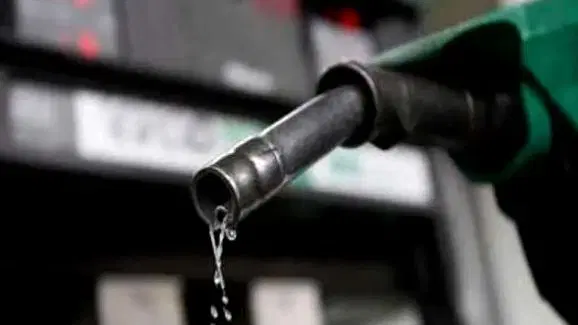Nigeria’s reliance on fossil fuels has long powered its economy, but the environmental and health costs of this dependence are mounting. As global pressures to adopt cleaner energy intensify, Nigeria stands at a critical juncture, with experts urging swift and bold action from government and industry leaders.
In a recent call to action, Environmental and Sustainability Consultant Daniel E. Bakpa highlighted the severe health impacts associated with fossil fuel use in Nigeria. With air pollution levels among the highest in Africa, the country is witnessing rising cases of respiratory diseases. The World Health Organization (WHO) reports over 140,000 annual child deaths related to pneumonia linked to air pollution. In the Niger Delta, the ramifications of oil extraction are devastating, with oil spills and gas flaring leading to elevated toxin levels in the air, soil, and water, exacerbating health risks for local communities.
A Roadmap for Renewable Energy and Clean Transportation
Experts argue that establishing a stable and renewable energy supply could address several of Nigeria’s energy challenges. Currently, over 85 million Nigerians lack access to grid electricity, making investment in solar, wind, and hydroelectric power imperative for providing reliable and cleaner energy. Nigeria’s abundant sunlight, particularly in the northern regions, positions the country well for large-scale solar projects that could support households, industries, and electric vehicles (EVs).
Revitalizing Nigeria’s automotive industry to meet the rising demand for EVs could also play a crucial role. By supporting local manufacturers like Innoson Vehicle Manufacturing, Nigeria could reduce its dependency on imported fossil fuel vehicles, create jobs, and contribute to the global shift toward electric mobility. Implementing strict regulations on fossil-fuel vehicle imports, coupled with incentives to boost EV adoption, could further this transition.
Stricter Penalties for Gas Flaring and Environmental Regulations
While the Nigerian Petroleum Industry Act of 2021 introduced penalties for gas flaring, enforcement remains a significant challenge. Stricter fines and mandated gas-capture technologies are essential to curb this practice. In 2022 alone, climate-induced flooding caused an estimated $9 billion in damages across Nigeria, underscoring the urgent need for effective climate impact mitigation through robust environmental regulations and sustainable practices.
International Partnerships and Public Awareness
Nigeria’s transition to cleaner energy would benefit from international alliances, such as partnerships within the African Union and support from climate-focused organizations like the United Nations Environment Programme (UNEP). Public awareness initiatives promoting the benefits of clean energy could further encourage the adoption of electric vehicles and renewable energy sources.
The message from sustainability experts is clear: Nigeria has a unique opportunity to lead Africa’s transition to cleaner energy and mitigate the health risks associated with fossil fuels. Immediate action toward renewable energy infrastructure, stringent environmental policies, and an informed public are critical to securing a healthier and more sustainable future for the nation

